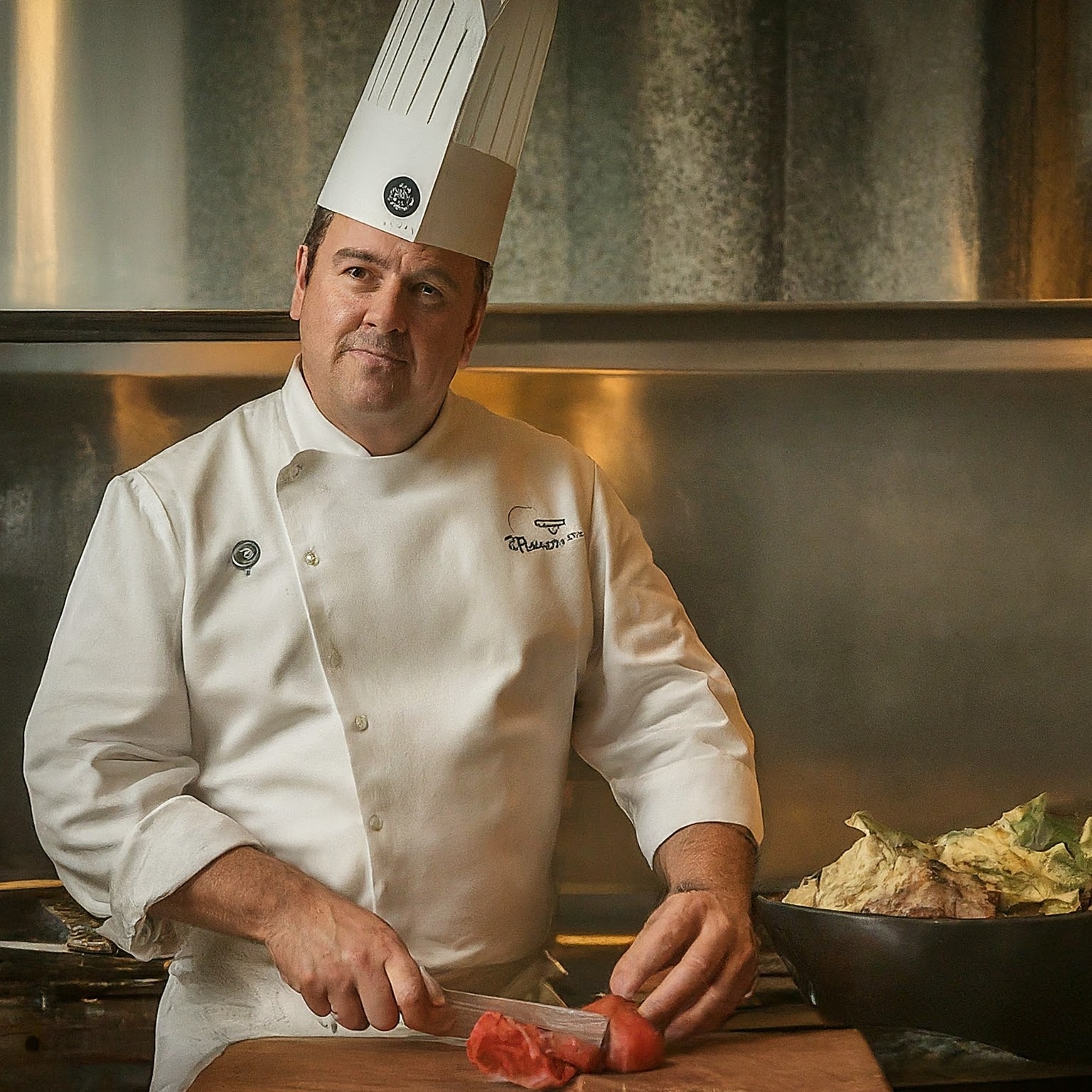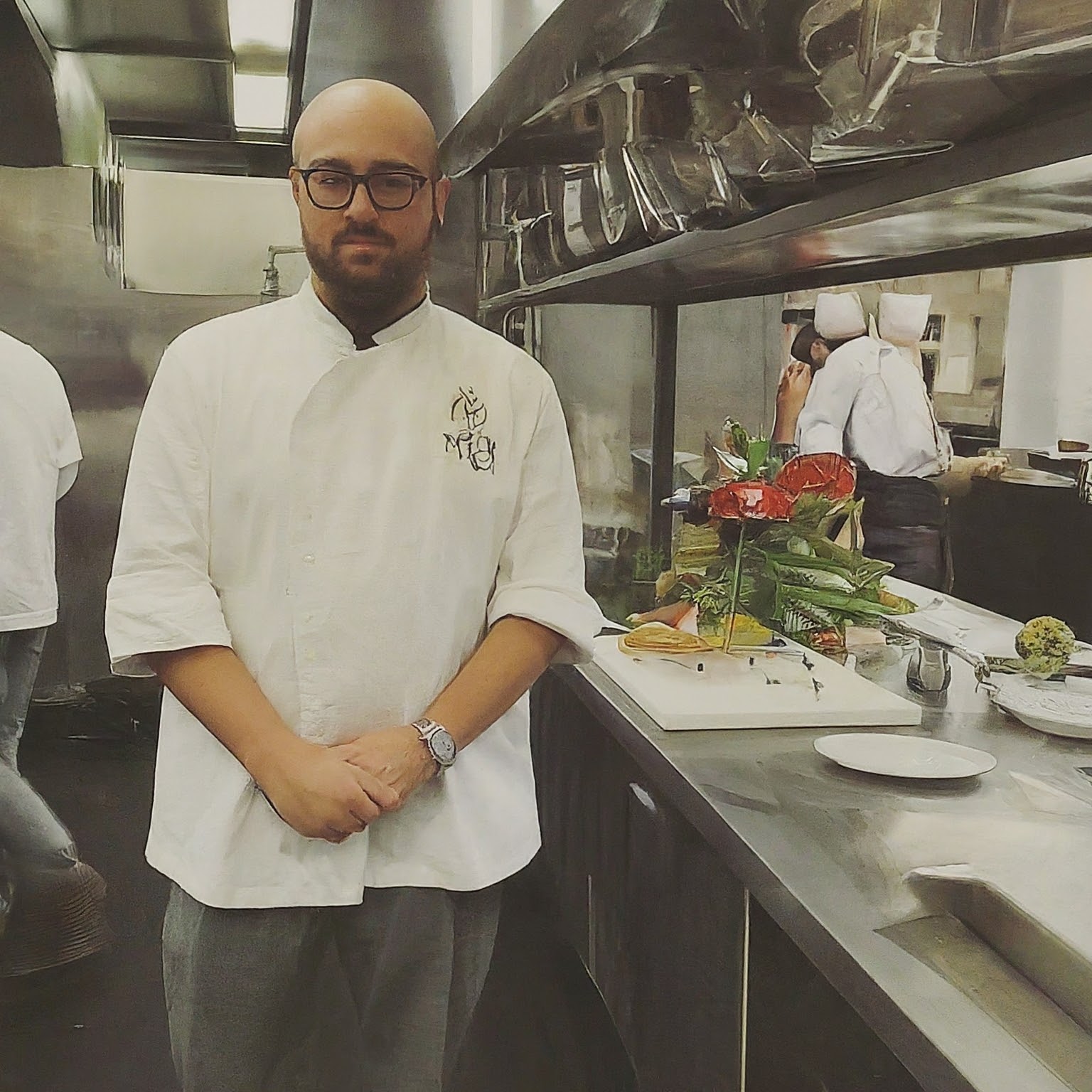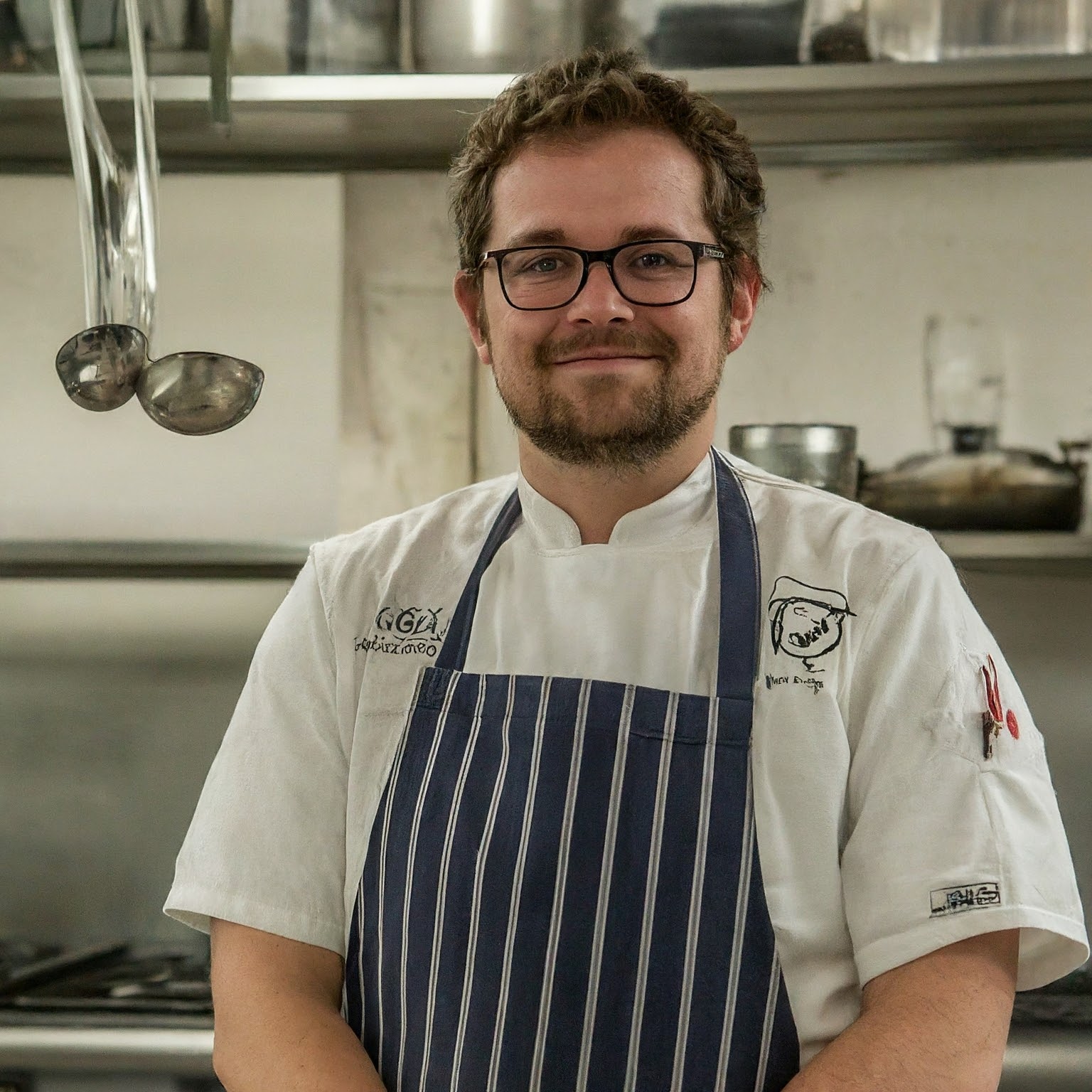
A sous chef
The culinary world is a dynamic and demanding industry, especially for those in leadership roles within the kitchen.
A sous chef, being second-in-command, plays a pivotal role in ensuring the smooth operation of a restaurant’s kitchen.
This article explores a typical day in the life of a sous chef in the United States, highlighting the challenges, responsibilities, and passion that drive these culinary professionals.
Introduction
The role of a sous chef is multifaceted and essential to the success of any culinary establishment.
From overseeing food preparation to managing kitchen staff, sous chefs ensure that every dish meets the high standards expected by customers and chefs alike.
A day in the life of a sous chef is characterized by long hours, high pressure, and a commitment to culinary excellence.
Morning Preparations
A sous chef’s day often begins early, well before the restaurant opens.
- Inventory Check: The day starts with a thorough inventory check. Ensuring that all ingredients are fresh and that there is enough stock to cover the day’s menu is crucial. This task includes checking the quality of produce, meat, and other perishable items.
- Staff Briefing: After the inventory check, the sous chef briefs the kitchen staff. This briefing covers the day’s specials, and any menu changes, and assigns specific tasks to each team member. Effective communication is key to a successful service.
- Prep Work: Sous chefs oversee the prep work, which involves chopping vegetables, marinating meats, and preparing sauces. This stage is vital to ensure that service runs smoothly during busy hours.
Midday Rush
As the restaurant opens for lunch, the pace in the kitchen intensifies.
- Cooking and Plating: During peak hours, sous chefs are deeply involved in cooking and plating dishes. They ensure that each plate meets the restaurant’s standards for taste and presentation.
- Quality Control: One of the main responsibilities is to maintain quality control. This involves tasting dishes before they leave the kitchen and making adjustments as necessary.
- Problem Solving: The sous chef must be quick to address any issues that arise, whether it’s a shortage of an ingredient or a staff member needing assistance. Problem-solving skills are essential to keeping the kitchen running efficiently.
Afternoon Duties
After the lunch rush, there is a brief lull which allows for some necessary tasks to be completed.
- Cleaning and Organizing: Ensuring that the kitchen is clean and organized is a constant process. The sous chef oversees this process, making sure that sanitation standards are upheld.
- Planning for Dinner Service: Preparing for the dinner service is a key afternoon task. This involves restocking ingredients, updating staff on any changes, and prepping additional items for the evening.
- Menu Development: In some cases, sous chefs use this time to work on menu development. This could involve experimenting with new recipes or refining existing ones.
Evening Service
The dinner rush is typically the busiest and most demanding part of a sous chef’s day.
- Coordinating Orders: Managing the flow of orders is crucial. The sous chef coordinates between different kitchen stations to ensure that dishes are prepared and served promptly.
- Supervising Staff: Ensuring that the kitchen staff performs efficiently and maintains high standards is an ongoing responsibility. This includes providing guidance and feedback to team members.
- Dealing with Pressure: The evening service can be high-pressure, requiring the sous chef to stay calm and focused. The ability to manage stress while maintaining a high level of productivity is essential.
Closing Duties
As the night comes to a close, there are still important tasks to be completed.
- Final Cleanup: The sous chef oversees the final cleanup of the kitchen, ensuring that all stations are left spotless and ready for the next day.
- Inventory and Ordering: Taking stock of what was used during the day and placing orders for necessary supplies is crucial. This ensures that the kitchen is prepared for the next service.
- Staff Debrief: A quick debrief with the kitchen staff allows for discussing what went well and what could be improved. This helps in continuous improvement and team building.
FAQ: A Day in the Life of a Sous Chef
Q1: What are the primary responsibilities of a sous chef?
A1: A sous chef’s primary responsibilities include overseeing food preparation, managing kitchen staff, maintaining quality control, and ensuring that the kitchen operates efficiently.
They also handle inventory checks, staff briefings, and problem-solving during service.
Q2: What does a typical day start with for a sous chef?
A2: A typical day for a sous chef starts with an inventory check to ensure all ingredients are fresh and adequately stocked. This is followed by a staff briefing to discuss the day’s specials, menu changes, and task assignments.
Q3: How does a sous chef handle the midday rush?
A3: During the midday rush, a sous chef is heavily involved in cooking and plating dishes, maintaining quality control, and addressing any issues that arise in the kitchen.
Effective coordination and quick problem-solving are key to managing this busy period.
Q4: What tasks are typically handled in the afternoon by a sous chef?
A4: In the afternoon, a sous chef focuses on cleaning and organizing the kitchen, preparing for the dinner service, and possibly working on menu development.
This time is also used to restock ingredients and update staff on any changes for the evening.
Q5: How does a sous chef manage the evening service?
A5: The evening service is often the busiest part of the day. A sous chef manages the flow of orders, coordinates between kitchen stations, supervises staff, and ensures that dishes are prepared and served promptly. They also handle high-pressure situations to maintain efficiency and quality.
Q6: What are the closing duties of a sous chef?
A6: Closing duties for a sous chef include overseeing the final cleanup of the kitchen, taking inventory, placing orders for supplies, and conducting a staff debrief to discuss what went well and areas for improvement.
Q7: How does a sous chef ensure quality control in the kitchen?
A7: A sous chef ensures quality control by tasting dishes before they leave the kitchen, maintaining consistent cooking standards, and providing guidance and feedback to kitchen staff to ensure each dish meets the restaurant’s standards.
Q8: What skills are essential for a sous chef to succeed?
A8: Essential skills for a sous chef include culinary expertise, strong leadership abilities, effective communication, problem-solving, time management, and the ability to work well under pressure.
Q9: How important is teamwork in a sous chef’s role?
A9: Teamwork is crucial in a sous chef’s role. They must effectively lead and coordinate the kitchen staff, fostering a collaborative environment to ensure smooth operations and high-quality output.
Q10: What are the career advancement opportunities for a sous chef?
A10: Career advancement opportunities for a sous chef include progressing to an executive chef position or other senior roles within the culinary industry.
Big cities and top-tier culinary establishments often offer numerous opportunities for career growth.
Q11: How does a sous chef handle stress and high-pressure situations?
A11: A sous chef handles stress and high-pressure situations by staying calm, focused, and organized. Effective time management, clear communication, and problem-solving skills are essential for managing the demands of a busy kitchen.
Q12: What is the most rewarding part of being a sous chef?
A12: The most rewarding part of being a sous chef is the satisfaction of seeing customers enjoy their meals and knowing that the kitchen operations ran smoothly.
The role allows for creative expression in cooking and the opportunity to mentor and lead a team of culinary professionals.
Q13: How important is continuous learning and development for a sous chef?
A13: Continuous learning and development are vital for a sous chef to stay updated with the latest culinary trends, techniques, and management practices. Pursuing professional development opportunities can enhance skills and career prospects.
Conclusion
A day in the life of a sous chef in the United States is filled with hard work, precision, and passion.
From the early morning preparations to the late-night cleanups, sous chefs are the backbone of the kitchen, ensuring that every dish that leaves the kitchen is of the highest quality.
The role demands a blend of culinary skills, leadership, and the ability to thrive under pressure.
Despite the challenges, the rewards of seeing satisfied customers and a smoothly run kitchen make it all worthwhile. For those with a passion for cooking and a dedication to their craft, the life of a sous chef is a fulfilling and dynamic career path.







